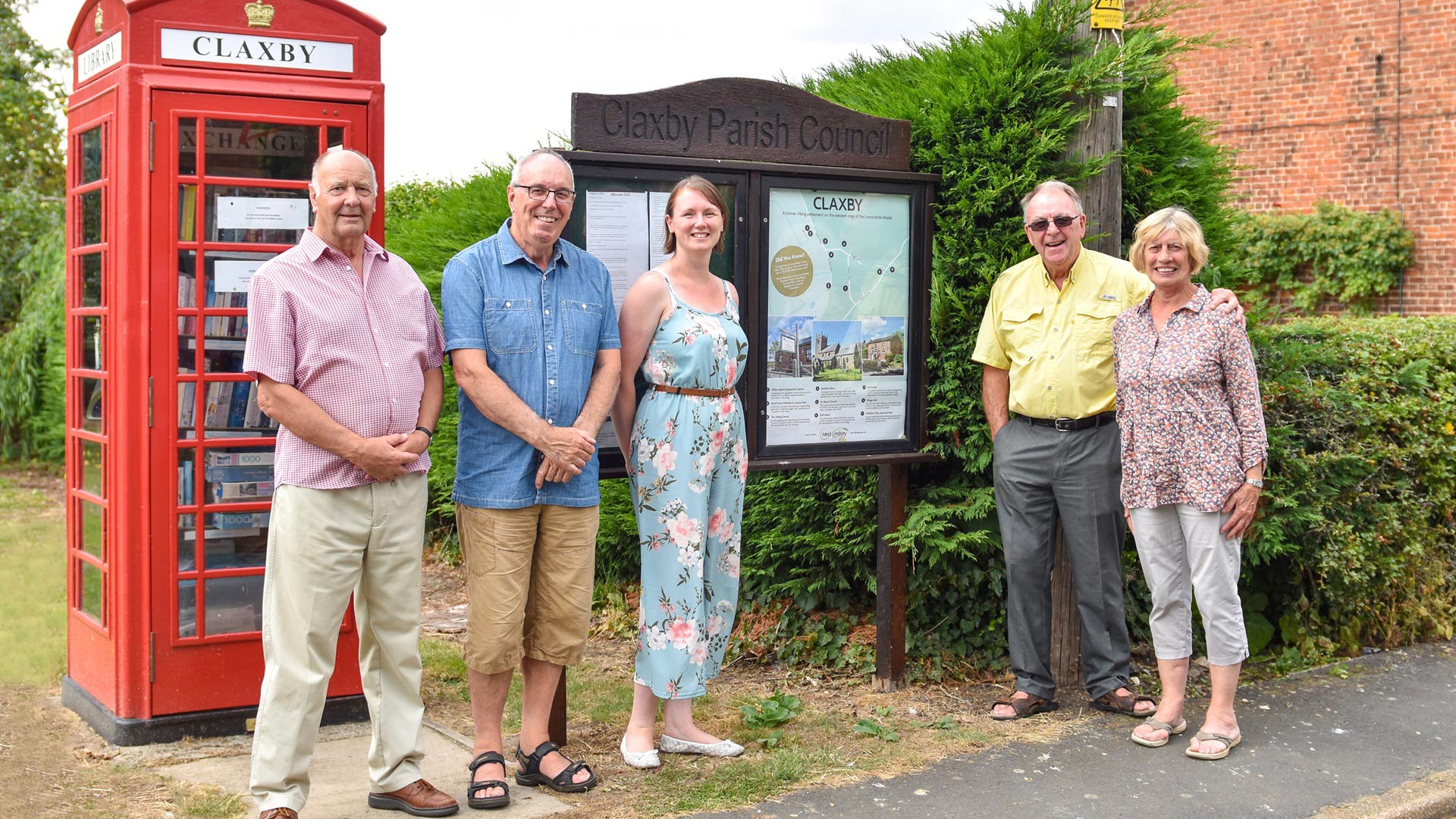Visitors to Claxby can now find out more about this historical village thanks to new and updated posters produced by West Lindsey District Council.
Working with Claxby Parish Council, the posters now offer a fascinating insight to the history of the village plus highlighting some notable points of interest.
Nestled on the Western side of the Lincolnshire Wolds, Claxby is known to be a former Viking settlement. There have been archaeological finds from Anglo Saxon, Roman and even Mesolithic eras and the Danish name shows there was a community there in the 9th century.
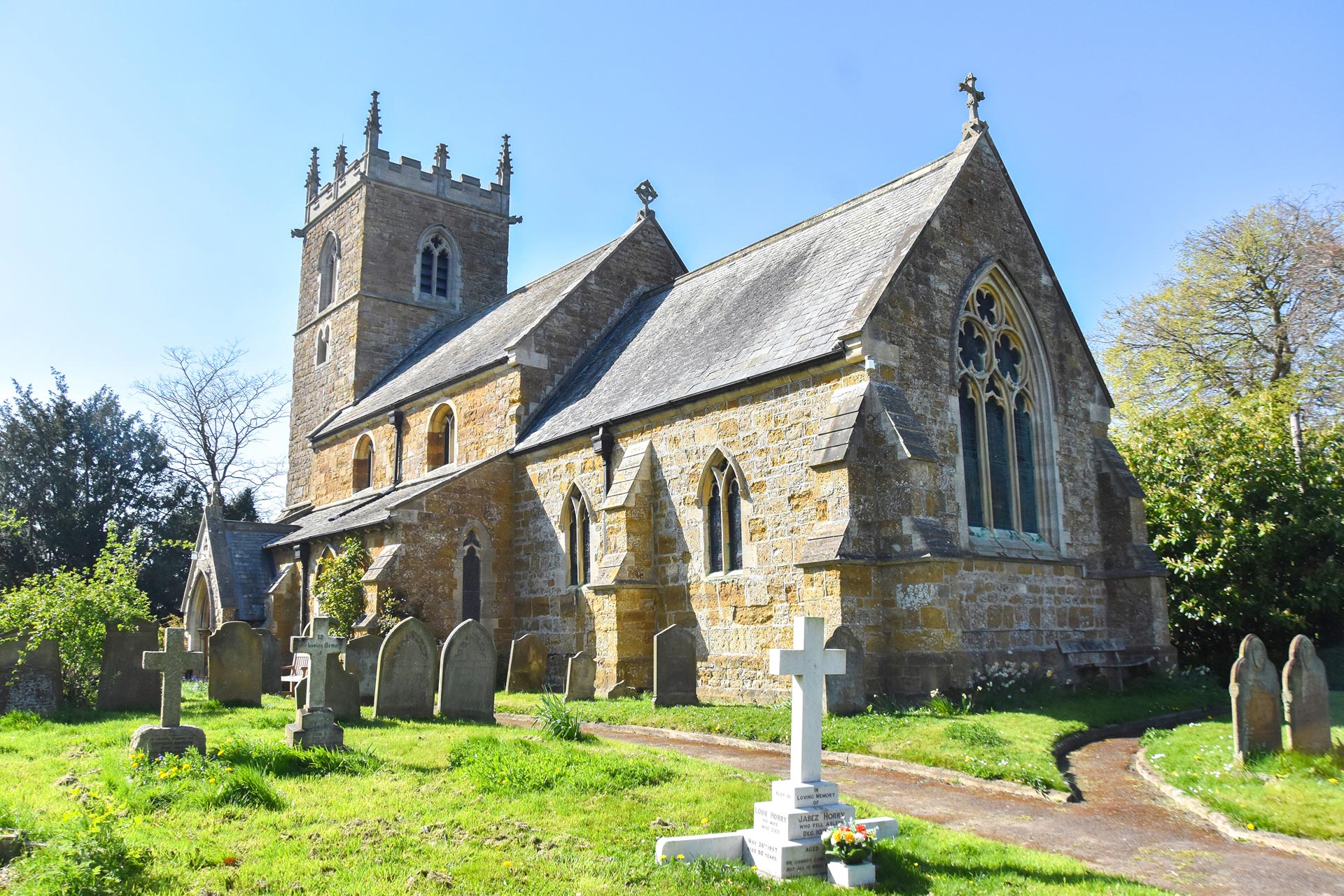
While there has been a church in the village for over seven hundred years, St Mary’s church was opened over 130 years ago after a major rebuild.
The village is mentioned in the Domesday Book, (with 75 families and a mill) and the church dates from the 13th century.
The village also had an Iron Mine up until the late 19th century and was located on the North side of the village. Production started in 1868 and by 1873, the mine employed 250 men and produced up to 70,000 tonnes per year!
David Beer, Clerk to Claxby Parish Council said: “We’re delighted to have worked with West Lindsey District Council on this. The posters had been in place for some time and had become faded and worn with some details out of date.
“The new design is clean and fresh and allows visitors to clearly see what there is in the area. The village is popular with walkers and the boards are ideally located to encourage them to explore a little further as they pass through.”
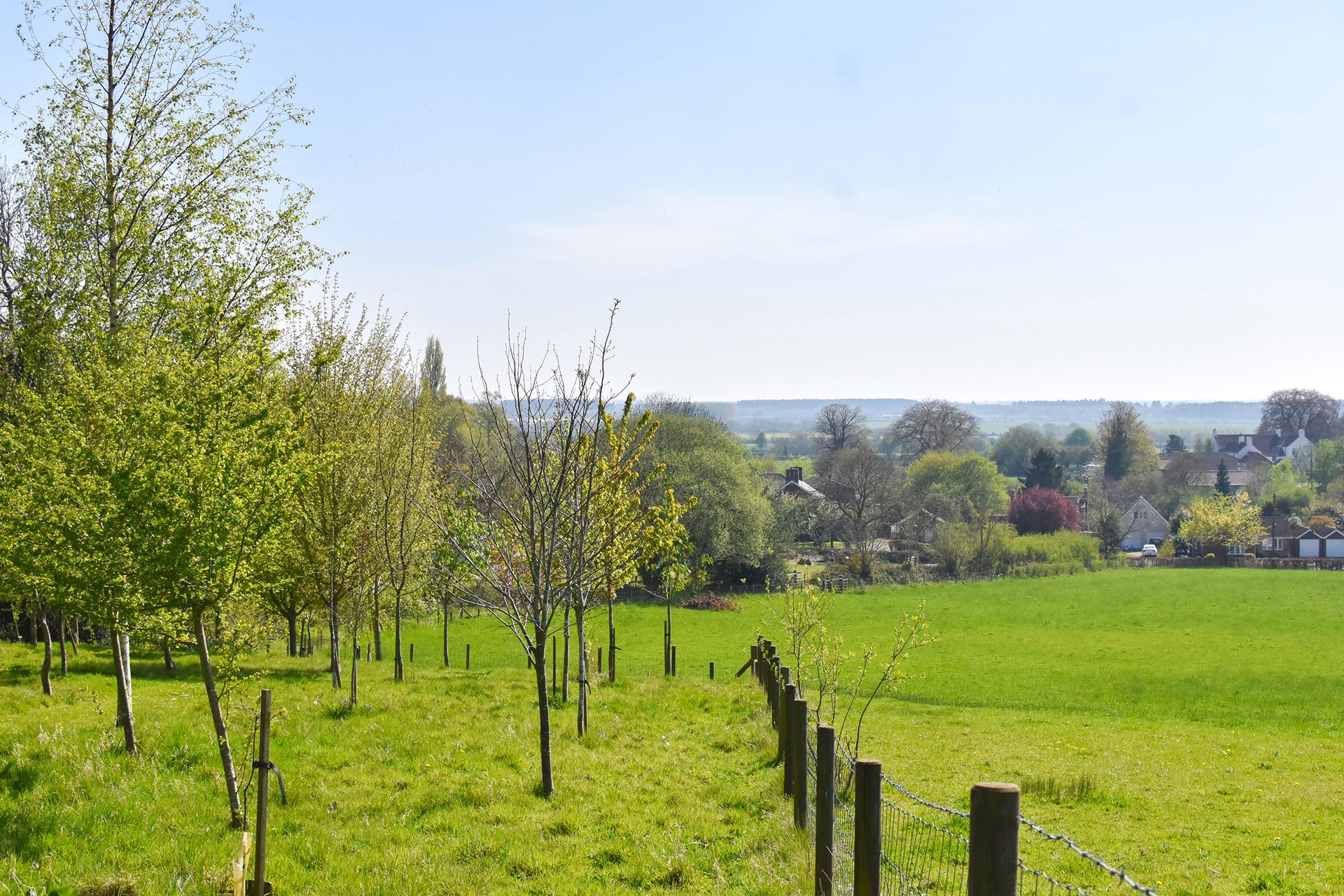
Griff Wood offers great views of the village and the Lincolnshire Wolds.
Notable points of interest include Griff Wood, a place of quiet reflection created by the Griffin Family in memory of their son Adam.
Starting with just 30 trees, there are now over 80 planted and the site offers great views of the village below.
There is also an Ice House (located on private land) which is an ancient structure that is partly underground that was used for the preservation of ice during warmer weather.
Faye Pudney, West Lindsey District Council’s Visitor Economy Officer was delighted to support the refresh of the posters.
She said: “Claxby is a lovely village with a long and varied history. It has been a pleasure to work with David and the Parish Council and has been fascinating to explore these stories, showing just how diverse the Lincolnshire Wolds is.
“The views from the Viking Way showcases the stunning Lincolnshire Wolds and connects the village to other picturesque villages including Walesby, Tealby, Nettleton as well as the historic market town of Caistor.
“These posters are just one part of our visitor economy strategy which aims to encourage visitors to explore further and stay longer.”
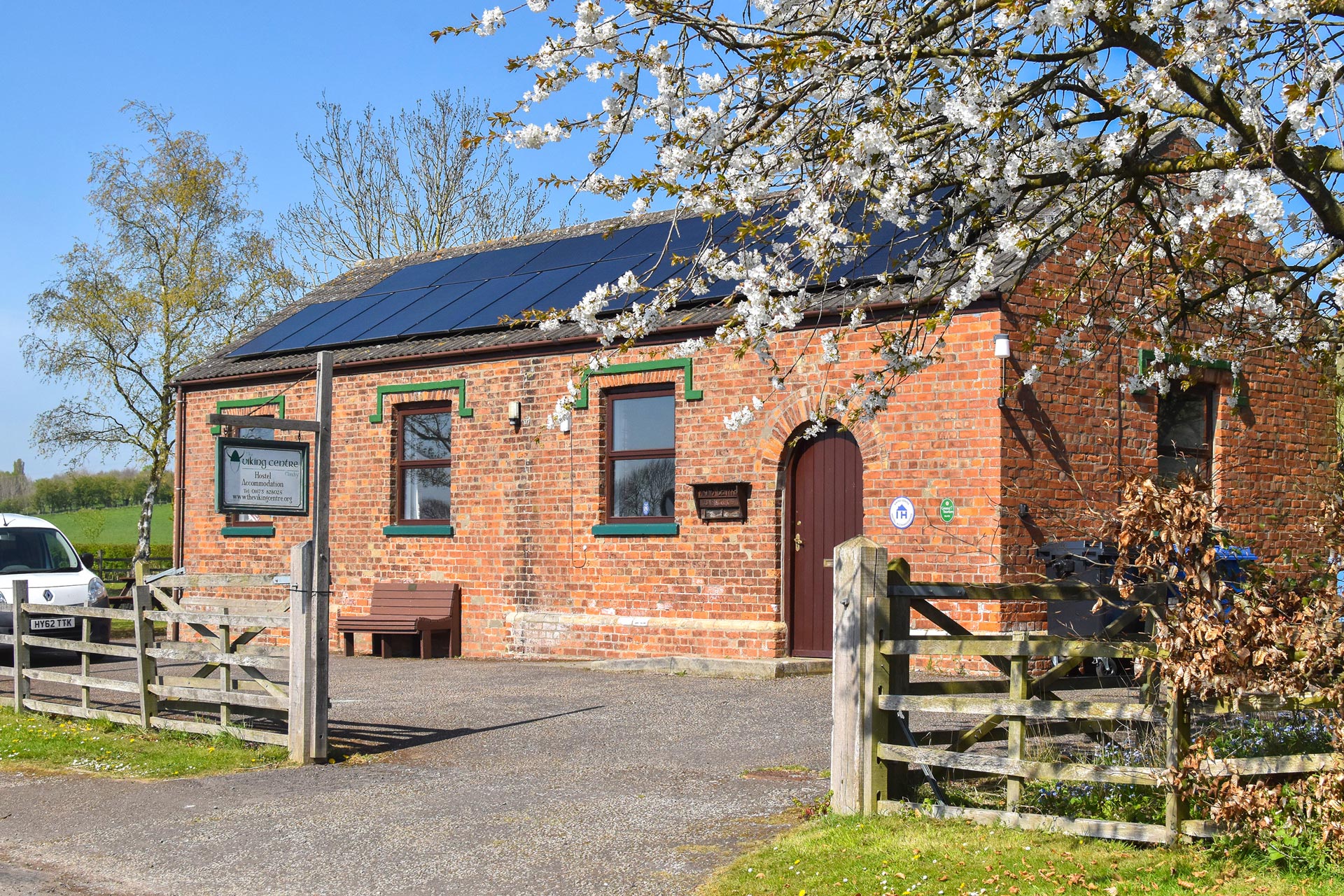
Built in 1851 by the Earl of Yarborough, the Viking Centre severed as the Church of England school before closing in 1971. It is now a self-catering hostel providing accommodation for up to 20 guests.
The Lincolnshire Wolds is a designated Area of Outstanding Natural Beauty. Protected since 1949, it is arguably one of most beautiful countrysides in England and offers the perfect location for a short break and staycation.
Explore the six historic market towns that surround the area and enjoy the most picturesque villages Lincolnshire has to offer.
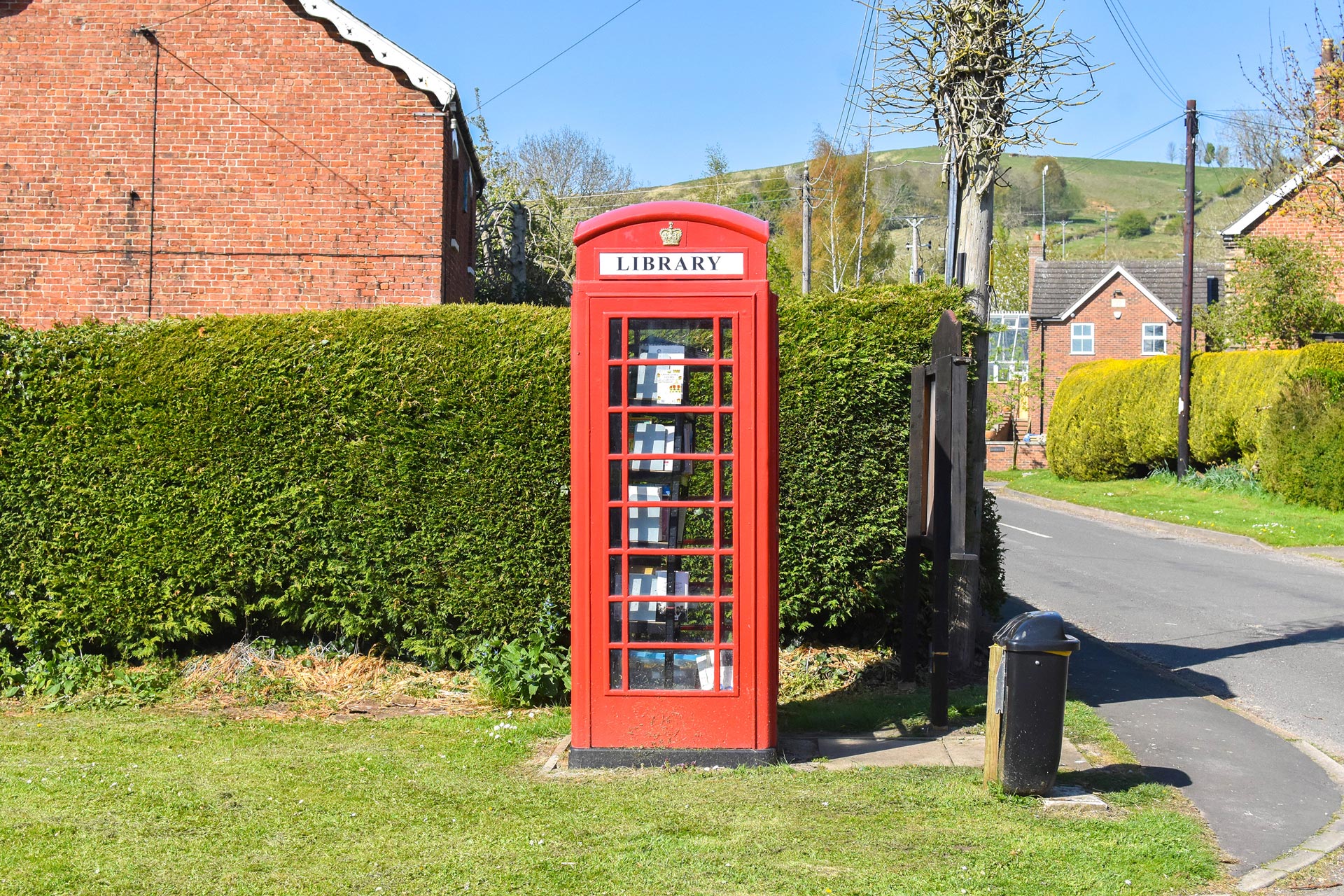
The community book swap is located on Mulberry Road and is popular with visitors and residents.
For more information visit www.lovelincolnshirwolds.com. For regular updates follow @LoveLincsWolds on Facebook, Instagram and Twitter.
For more information on the history of Claxby visit https://claxby.parish.lincolnshire.gov.uk/parish-information/claxby/1.
For the latest news on West Lindsey District Council visit www.west-lindsey.gov.uk. Alternatively, find West Lindsey District Council on Facebook or follow @WestLindseyDC on Twitter or Instagram.



